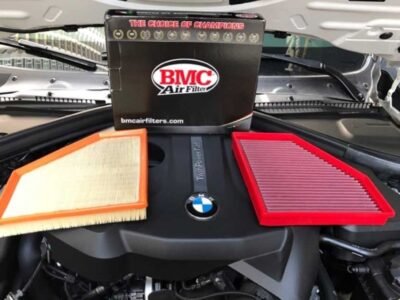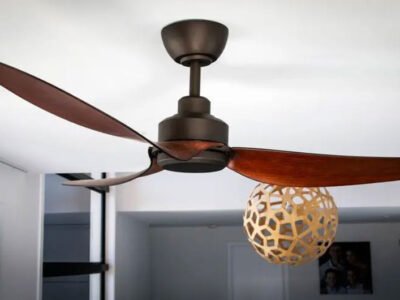Tech changes have been triggered within the hospitality industry for the past few years now. Given how rapid it all has been, some businesses failed to adopt (and didn’t survive as a result). Others stepped in line as quickly as possible, whereas some others were born out of the innovative chaos that ensued.
Modern hoteliers are keeping a close watch on changing consumer behaviors to introduce suitable digitized experiences. Then there’s the need to maintain a delicate balance with personalized attention or the ‘human touch.’ After all, hospitality is largely a people-focused industry.
As per Statista’s report, the worldwide hospitality industry has a current market value of $4.7 trillion. Since it is growing at a CAGR of 5.5%, the industry’s net worth is expected to become $5.8 trillion by 2027. Things are looking up, but which key solutions are ushering in a new era of hospitality?
In this article, we will discuss three tech solutions that your hospitality business can use to keep abreast with epochal changes.
Predictive Maintenance
Artificial Intelligence (AI) is having a far-reaching impact on the hospitality industry to enhance guest experiences. One way this is happening is through predictive maintenance. Nothing ruins a guest’s first impression like defective equipment, walls or ceiling that needs repairs, or services that won’t work.
Now, it is equally true that keeping an eye on every little detail (especially in large business hotels) is challenging. Human checks are prone to errors, but modern consumers allow room for none.
Thankfully, AI-powered predictive maintenance enables the maintenance staff to stay on top of repairs. This tech solution uses sensor data to identify minor issues and alerts the maintenance staff before the problem escalates. This means you do not need to wait for a major breakdown.
You can prevent ‘sudden’ equipment failures and save costs on a faulty system through timely repairs. Let’s take an example – just one leaky toilet can cost up to $800 a year.
To this, you must add the price of water damage (until the issue is detected). Some hoteliers are even monitoring their water lines via IoT-based smart water meters.
Smart and Interactive TVs
When guests enter a hotel room, one of the first objects that meet their eye is a wide-screen television. Gone are the days when this device was merely used to switch channels and watch favorite movies or soap operas.
They are gradually becoming platform-centric solutions to inspire connectedness and interactions. One example would be that of TV casting. Contemporary televisions can be connected to the Wi-Fi network like an average tablet or smartphone.
TV casting for hospitality allows hoteliers to let their guests cast a video from another device onto the TV screen. While the content appears on a larger (more enjoyable) screen, the process does not interfere with the casting device’s usage.
The guest simply needs to connect their phone to the same Wi-Fi network, open the content app, and cast it onto the TV screen. Allbridge states that the main purpose of modern hospitality TV solutions is to imitate home TV experiences.
This is done through 4K video quality, custom dashboards, electronic program guides, and casting capabilities. With a smart and interactive TV that delivers a five-star experience, guests can stream over-the-top (OTT) content, access room service menus, book spa services, and more.
All-in-One Property Management Platforms
If you want to drop all hassles associated with hotel management and relay each area into reliable hands, what better way than advanced technology, right? There is a solution for that, too – an all-in-one property management platform.
Such a platform is laser-focused on streamlining daily operations. This includes guest management, bookings, payments, and inventory, among others. For instance – suppose you’re using two separate systems for booking and guest management.
Then, you must enter guest details in both systems individually. Besides the double work and hassle, what if you enter inaccurate information in one of the systems? An all-in-one property management platform will require you to input the details once, and the software will sync between the two systems.
With this software, it’s possible to automate front desk operations, track inventory, generate reports, and create special packages. As a result, you experience benefits like streamlined operations, reduced costs, greater flexibility, and improved customer service.
Parting Words
According to a survey conducted by Hotel Operations, at least 80% of hoteliers reported better efficiency after smart tech adoption. Another survey found that 78% of hoteliers are planning to increase investments in digitized experiences.
As the hospitality industry makes giant leaps, businesses must evolve at an equal pace. Smart guest experiences like remote check-in/check-out, automated room service, smart energy management, etc., are the only ways to beat the competition.
As organizations gain valuable insights into consumer demands, they stand a better chance of embracing the new era of hospitality.


















Comments